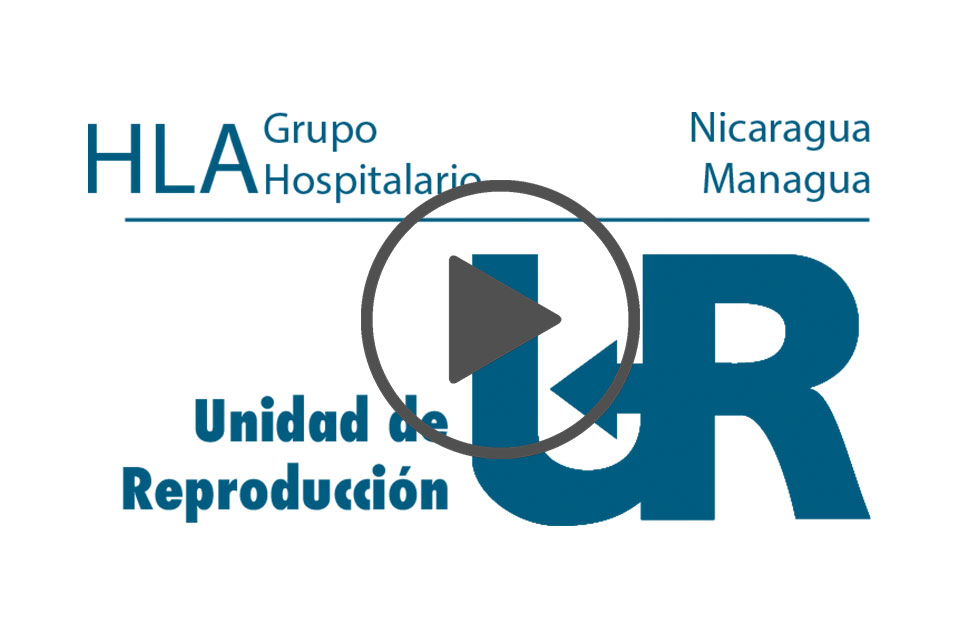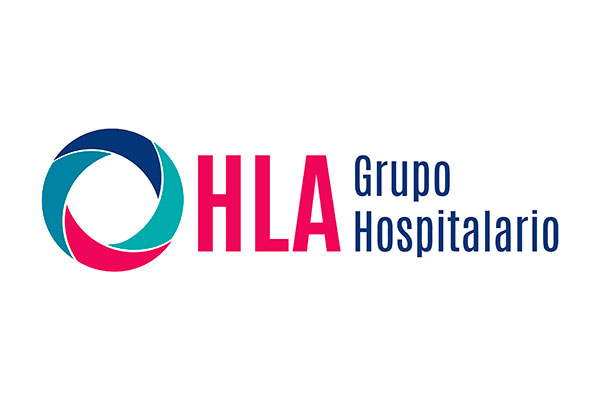The professionals at the Reproduction Unit Managua specialize in various types of IVF in order to customize the treatments according to the circumstances of the patients
In Vitro Fertilization (IVF) is the union of male and female gametes in the laboratory and has become a common practice, as popular as any other medical intervention. Our current habits, the delay of motherhood or environmental circumstances, are some of the possible causes of increased infertility among others.
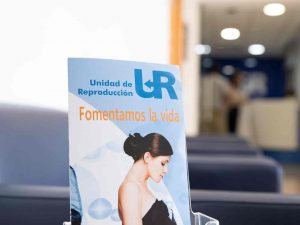 In the last 35 years, Reproductive Medicine has advanced by leaps and bounds. It is estimated that the number of babies born with the help of In Vitro Fertilization exceeds the 8 million worldwide.
In the last 35 years, Reproductive Medicine has advanced by leaps and bounds. It is estimated that the number of babies born with the help of In Vitro Fertilization exceeds the 8 million worldwide.
The Reproduction Unit Managua has significantly reduced multiple pregnancies and premature births, achieving that, in most cases, a single embryo is transferred. This result is due to the combination of in vitro fertilization with new assisted reproduction techniques and the help of sophisticated technological equipment. These factors together optimize the embryo evaluation, improve the study of the embryo culture medium and allow greater precision in the selection of embryos to achieve implantation in the maternal uterus and carry the pregnancy to term.
It is worth mentioning the significant progress that the vitrification process has entailed, with which the cryopreservation of gametes and embryos is achieved. This technique allows freezing the optimal embryos of an IVF cycle to transfer them one by one, so that the woman can rest from the medication, better prepare the uterus for implantation and reduce the risks of ovarian hyperstimulation”.
Types of In Vitro Fertilization
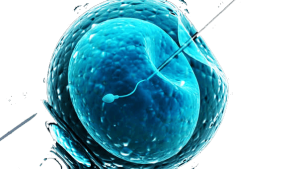 In vitro fertilization can be performed in a conventional way, by placing the egg and sperm on the same laboratory plate to produce the union. But it can also be induced in cases of severe male factor through ICSI (Intracytoplasmic Sperm Injection), that is, by introducing the previously selected sperm cell into the egg.
In vitro fertilization can be performed in a conventional way, by placing the egg and sperm on the same laboratory plate to produce the union. But it can also be induced in cases of severe male factor through ICSI (Intracytoplasmic Sperm Injection), that is, by introducing the previously selected sperm cell into the egg.
The specialists at the Reproduction Unit Managua specialize in different types of in vitro fertilization that combine with other assisted reproduction techniques to customize treatments according to each patient’s circumstances:
- IVF with the couple’s own eggs and semen: recommended for women with endometriosis, patients who present an injury, absence of fallopian tubes or who suffer from polycystic ovary syndrome.
- IVF with own eggs and semen from a donor: indicated for couples in which the male presents a serious or irreversible alteration of the semen; couples in which the male can transmit serious hereditary diseases to the offspring; cases in which the male lacks of sperm during ejaculation (azoospermia); couples with immunological incompatibility problems; couples who have not achieved pregnancy after several IVF cycles; women with a female partner and women without a partner.
- IVF with donor eggs and semen from the couple: ovodonation. The treatment is carried out with the egg of an anonymous young donor fertilized with the couple’s sperm to form embryos. Ovodonation has one of the highest success rates in assisted reproduction due to the quality of the donors’ gametes. This technique is widely used in women with problems of primary or premature ovarian failure; women with ovarian dysfunction and loss of ovular quality; in the case of hereditary diseases that can be transmitted to the offspring and that cannot be detected by the techniques of Preimplantation Genetic Diagnosis; women or couples who do not achieve pregnancy through in vitro fertilization with their own eggs; patients with severe endometriosis; advanced age; cases of repeated miscarriage; and women who have contraindications to ovarian stimulation.
- IVF with eggs and sperm from a donor. For this type of IVF, fertilization is carried out in the laboratory with both gametes from the donor. The embryo is transferred to the mother’s uterus, which is hormonally prepared for nesting.
Ovodonation with donor sperm is indicated for couples in which the woman has some type of ovarian anomaly and the male has azoospermia problems (absence of semen); for women without a partner and with some problem in the ovaries; and for women with a female partner and with some type of problem in the ovaries.
In the Reproduction Unit Managua we foster life
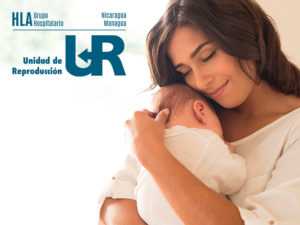 The specialists of the Reproduction Unit Managua will inform you and advise you on the most appropriate treatment for your situation. We offer personalized attention with maximum comfort, tranquility and confidence.
The specialists of the Reproduction Unit Managua will inform you and advise you on the most appropriate treatment for your situation. We offer personalized attention with maximum comfort, tranquility and confidence.
You can contact us by phone +505 8465 7955 or by filling in the contact form on our website. Visit our website and follow us on Facebook: Unidad de Reproducción Managua @URNicaragua.


